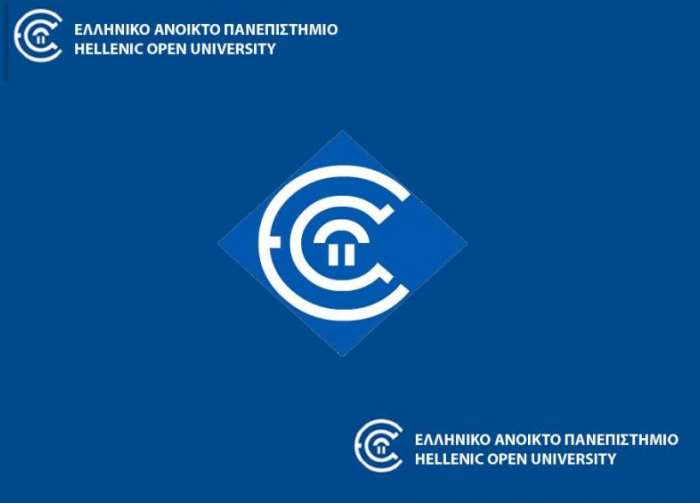Features of EAP Courses
Language skills
As described in previous articles, the skills of reading, writing, listening and speaking are taught and developed throughout EAP courses. These courses prepare students for the very specific purpose of university study and life at an English-speaking context through specific environments and communication channels.
By Marousa Pavli
University Study at an English-speaking context
Students need to be very well aware of the various types of written and oral work [e.g. assignments, reports, dissertations] and know how to work effectively in order to produce them.
To do so, they need to be able to:
- listen to lectures
- talk to tutors/ supervisors in tutorials and consultations
- understand and participate in university seminars
- prepare and deliver individual/group oral presentations used for course assessment purposes
- understand exam questions and write under timed conditions [university exams]
- locate sources and use the library for research purposes [e.g. prepare for exams, produce long assignments or prepare presentations]
- develop strategies to evaluate sources and read selectively
- use sources in an appropriate way, following academic conventions, in an essay or oral presentation
- write long assignments [over 1000 words]
- consider the reader/audience by clearly expressing, supporting and elaborating ideas with explanations, examples, evidence, references to sources in their assignments or presentations
In order to prepare students for all these, EAP tutors do not teach language exclusively, but they also teach them how to use the language in order to comply with the conventions and expectations of British Academic life, which very often vary significantly from those of students home academic cultures.
The long-term aim of EAP courses is to help students become autonomous learners, since during their period of study at the university they use English as a medium to conduct their research, communicate their ideas and contribute to the academic community.
In order to develop their learner autonomy, university students have to develop a critical approach to study and the ability to reflect on the process of learning.
{loadmodule mod_random_image,call to action subscribe in articles}
EAP teaching contexts in Greece
General information
EAP courses are, almost exclusively, in-sessional courses. They are taught in private colleges where students can study for a Bachelor or Master degree offered by English-speaking universities [e.g. British or American ones]. Classes are held in Greek or English, but a lot of resources used are written in English. State universities also offer EAP courses to their students.
These courses vary considerably in terms of content, resources, attendance requirements and assessment.
Private Colleges Decisions about course aspects mentioned above are usually taken by the Head of the English Departments of the colleges. The English-speaking university often plays a role, too, but this depends on the agreement that it has with the private college.
Public Universities At Public universities tutors are responsible for EAP programmes, but the scope of this responsibility depends on the degree of independence tutors are given by their university departments.
Student profile and language level
Private college students can have English language skills and/or qualifications that range from B1 to C2 level. In any case, before they enroll on a course, they are asked to sit for a placement test that will help their tutors know their strong and weak language areas. Similarly, students at state universities are usually intermediate, advanced or proficient language users and have acquired specific language certificates.
Course length and attendance requirements
EAP programmes are usually offered once or twice a week every semester, from the first till the last year of university studies. Attendance can often be a thorny issue, at both private colleges and public universities, as the institutions fail to demonstrate their importance to the students or include attendance as one of the assessment criteria. Students often believe that they do not need to attend EAP classes if they already possess an English language certificate. As a result of this, they sometimes choose not to attend classes and miss the opportunity to develop their study skills and communication skills in English.
Resources
At colleges EAP resources can be developed and created in-house to meet specific student needs, or selected by the Head of the Department or individual tutors from a range of published materials available. Another possibility is the combined use of market materials and tutor’s own resources. At State Universities similar practices are followed by tutors. They use either in-house materials, or their own ones, exclusively or supplemented by materials available in the market resources.
Assessment
Since EAP courses in Greece are offered in-sessionally in both private and state education contexts and aim at offering support to students, their performance is not always assessed and this can also be linked with poor student attendance. It has to be noted that whether an EAP course is assessed or not depends on decisions taken by institution and tutors sometimes do not take part in the decision-making process.
This article has focused on the scope of EAP and study skills, in general, and has presented the EAP teaching scene in Greece.
The fourth article will offer suggestions on introducing some features of EAP into General English courses. By doing that, teachers can help learners develop skills that are essential for their future.
If you’re interested in more information about EAP, please search the resources provided.
Sources consulted:
http://www.uefap.net/about/eap-in-general/what-is-eap
Alexander, O.Argent, S. and Spencer, J. (2008) EAP Essentials: A teacher’s guide to principles and practice. Reading: Garnet Publishing Ltd
Bruce, I. (2011) Theory and concepts of English for Academic Purposes. London: Palgrave Macmillan
.
